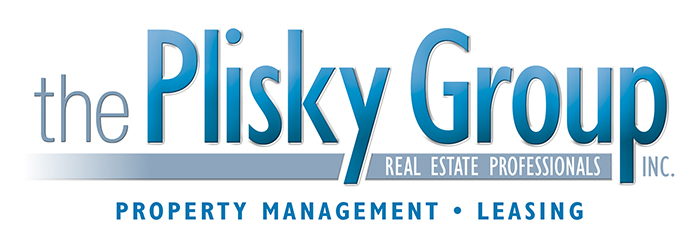
Please be sure to look under the Apply Now tab for more available properties that may not be in the MLS or shown here.
Common Real Estate Tax Deductions
The Tax Advantages of Home Ownership
Did You Buy Your Home Last Year?
Deduct the Points: If you bought a home last year, you may deduct many of the costs associated with your home loan or acquisition mortgage. Did your lender quote an interest rate plus points for the loan? A point equals one percent of the loan amount. Check your escrow closing statement for the amount of the loan fee or points, that amount qualifies as an itemized deduction.
If you obtained a home improvement last year, the points are also deductible. With either a purchase or home improvement loan, you may have been charged a prorated interest amount for the month you closed escrow. Check your closing statement for this deduction.
If you simply refinanced the loan on your home or borrowed against other real property to take cash out or secure a lower interest rate, the points or loan fees must be deducted annually over the life of loan.
If you refinanced last year and forgot to deduct the points, prorated interest, or loan fees, you can take the deductions on this year's return.
Prepayment Penalty
If you paid off an existing real property loan last year and were charged a prepayment penalty, that amount is tax deductible. Remember to deduct the interest amount if you prepaid your January home loan payment at the end of the previous year. If you assumed an existing loan, you may deduct any prorated interest is also deductible for a primary residence that will be completed and occupied within two years.
Did You Sell Your Home for a Profit Last Year?
If it was your primary residence for two of the last five years, up to $250,000 in profit is tax-free for single taxpayers. Married couples have $500,000 in tax free gain from a qualifying home sale. The two-year occupancy need not be continuous. Only one spouse need be on title but both must meet the residency requirement.
House Partners
Unmarried co-owners who sell their primary residence after two years may each claim the $250,000 exemption. Up to four co-owners can qualify and individually claim the exemption for a million dollars tax-free.
Personal Residence Exemption
As long as the taxpayer meets the two year residency requirement for each sale, the individual $250,000 and the married $500,000 tax exemptions can be claimed every two years.
Did You Change Jobs and Relocate?
A homeowner or renter can deduct almost all of their moving costs if your new job location is at least 50 miles further from your old home than your previous job. The second requirement is that you work at least 39 weeks in the vicinity of your new job location, 78 weeks for self-employed persons. You do not need to itemize deductions to take advantage of the moving cost tax adjustment if your situation qualifies. The distance from your new job is not a consideration.
What is Your Basis?
Basis is your starting point for figuring a gain or loss if you later sell your home, or for figuring depreciation if you later use part of your home for business purposes or for rent. While you own your home, you may add certain items to your basis. You may subtract certain other items from your basis. These items are called adjustments to basis.
Figuring Your Basis
How you figure your basis depends on how you acquire your home. If you buy or build your home, your cost is your basis. If you receive your home as a gift, your basis of the person is usually the same as the adjusted basis of the person who gave you the property. If you inherit your home from a decedent, the fair market value at the date of the decedent's death is generally your basis.
Fair Market Value
Fair market value is the price that property would sell for on the open market. It is the price that would be agreed on between a willing buyer and a willing seller, with neither having to buy or sell, and both having reasonable knowledge of the relevant facts.
